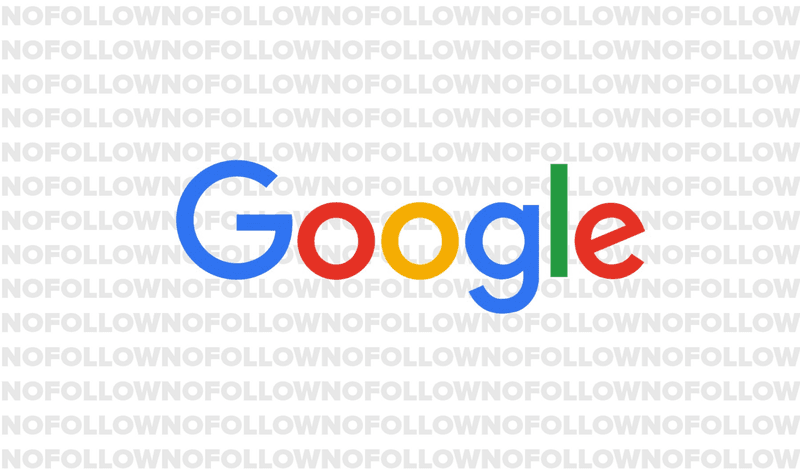In mid-2019, Google released two major updates on nofollow links. Previously, Google did literally what the name of the link suggested. Google did not follow nofollow links. Period. However, recent news stated that Google treats them as ‘hints’. So, does Google crawl nofollow links? Let’s see.

What are Nofollow Links
In 2005, search engines released this nofollow tags as a way to combat comment spam. However, the definition has evolved. Nofollow links signal the crawlers NOT to follow the hyperlinked website. Hence, no SEO strength passes to the linked site.
In theory, nofollow links do not contribute to your page rankings. However, these links can significantly contribute to your SEO efforts, if managed right. This is why the question of whether Google does crawl nofollow links or not, is important.
Google New Update about Nofollow links
Google’s official statement said that,
“For crawling and indexing purposes, nofollow will become a hint as of March 1, 2020.”
Initially nofollow links were basically signals. Apart from nofollow links, Google is introducing two new rel attributes. These rel attributes will help Google understand the true nature of the links.
Two New Link Attributes alongside Nofollow Links
1. rel=“sponsored”
As the name suggests, this link attribute will identify the sponsored or advertised links. Previously, nofollow links were used for this purpose. Now this sponsored rel attribute will signal Google that a link is not untrustworthy; rather it is just sponsored.
2. rel=“ugc”
UGC means User-Generated content. So, this link will identify the comments and forum posts generated by visitors. For a webmaster, it means that they can signal Google that they do not, in any form, endorse the link. Not because it is untrustworthy but because the link does not come from a credible source.
So does Google Crawl These Links?
As of now, Google declared to treat these links as hints. So what exactly is hint? With the help of the new links, site owners can send hints to Google that they do not completely endorse the generated links in their site. In other words, these links should not be given the same weight as first-party endorsement.
]Therefore, Google will be able to build a well-organized link architecture. Thus, it will also be better prepared to identify unorthodox links. Moreover, the relevance of the anchor text to the linked destination can be better judged.
Does Nofollow Links Affect your Page Ranking?
Ideally, no. As we said, Google does not actually crawl your website via nofollow links. Hence, no so-called signal or link juice is transferred to the linked site. Simply put, your page rank does not get affected.
But there is always a BUT. Nofollow links can open up opportunities for dofollow links. Nofollow links drive more referral traffic to your site. More traffic results to more user engagement and greater sales. Greater sales, in turn, lead to profitability and authority. Therefore, you still need to be careful about managing your nofollow links.
How to Use the New Nofollow Update by Google
Till now, webmasters haven’t been provided any incentive for using the new link attributes. The new links also seem to have no visible contribution to SEO. However, using these links wisely fashion may save you time and money.
Webmasters can now flag inappropriate ads or irrelevant sponsored links. Here is some more advice as to how to use Google nofollow update.
- You don’t need to change the existing link attributes.
- For paid links, use a combination of nofollow and sponsored attribute.
- Use the new combinations where they seem relevant.
So, our answer? No. Google does not crawl nofollow links. Hence, they do not contribute to your page rankings directly. However, nofollow links are more significant than you think. They can play a vital role, if not direct, in your SEO efforts. Use nofollow links wisely, and you will reap the benefits in the long run.
Comments
One response to “Does Google Crawl Nofollow Links? How Google Deals with Nofollow”
[…] link. This is a hint to the bots to not follow the link. When a nofollow link exists, the crawlers don’t crawl the hyperlinked site. Hence, no SEO strength or link equity flows to the linked […]